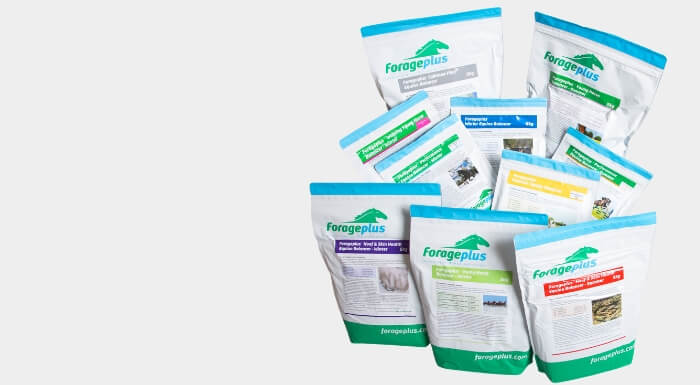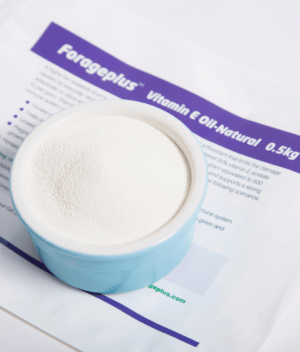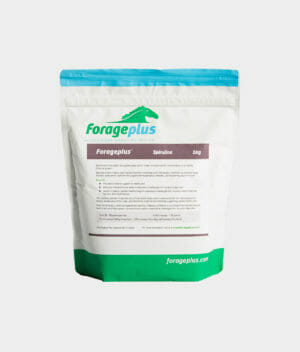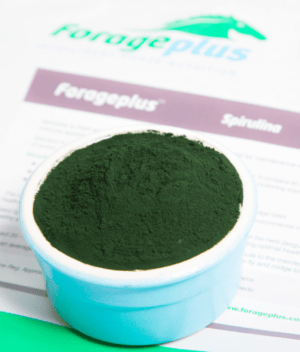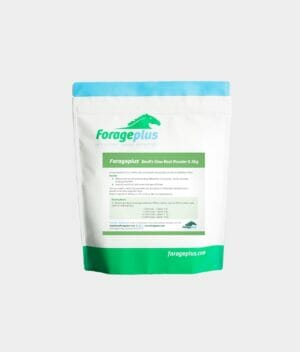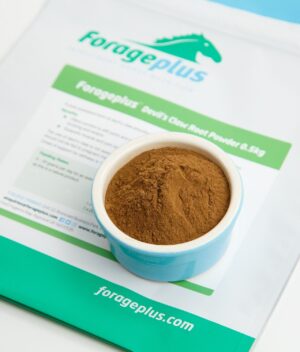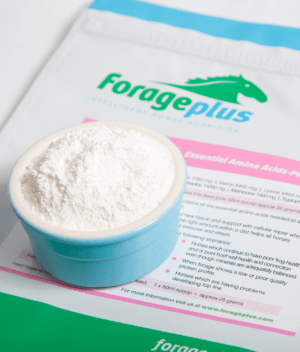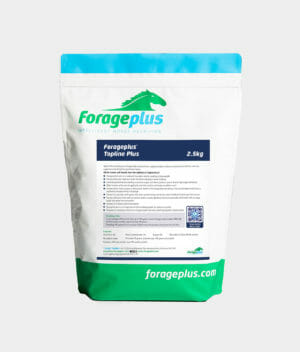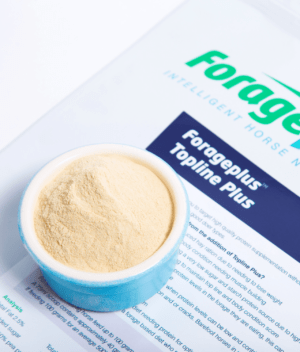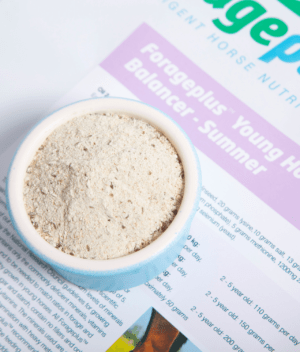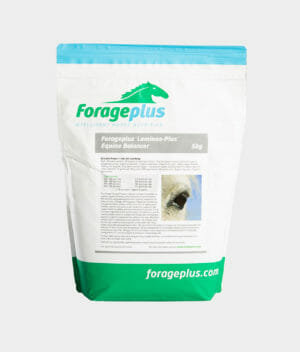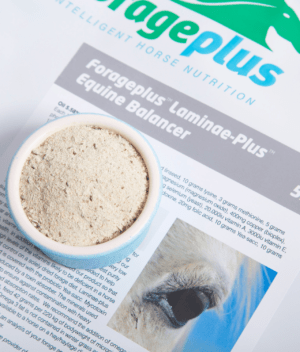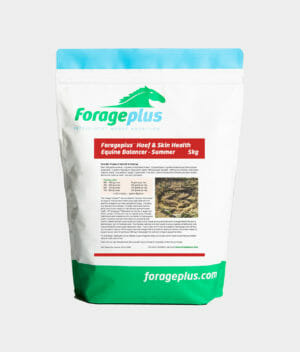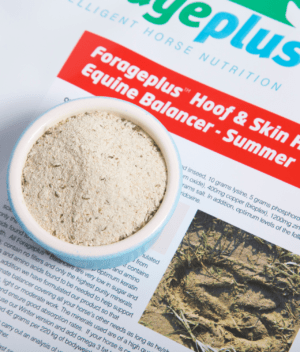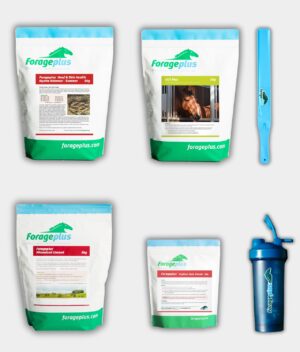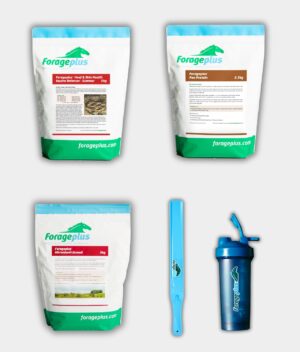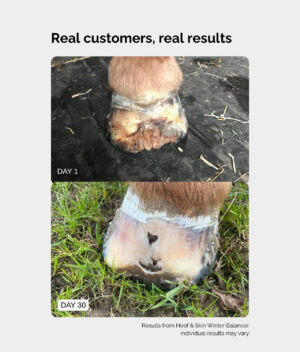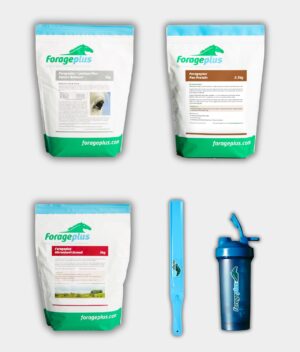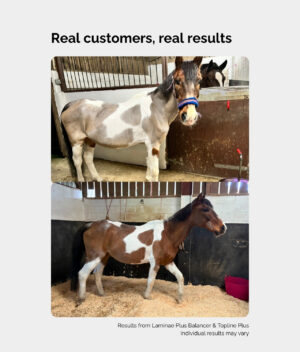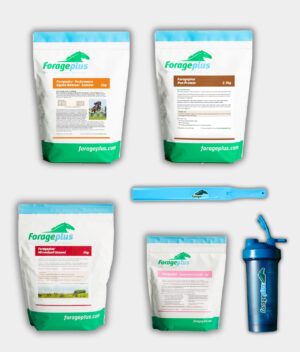
Rated 4.9/5 by 1,000s of Happy Horse Owners
Smarter Horse Nutrition Starts with Forage

Formulated with Analytical Data from the thousands of grass & hay samples we test.

Ultra-Pure, Low-Iron, Filler-Free – only what’s needed, nothing that isn’t.

Support the Whole Horse, Scientifically - Target hooves, coat, muscle & mind with each feed.

More Than Supplements - Real Support - We guide, teach & care.
🌿 Get Forage Focused

Maria T.
- Verified Review
Products we know you'll love!
-
Rated 4.94 out of 5£32.95 – £65.90 — or subscribe and save 5%Select options This product has multiple variants. The options may be chosen on the product page
-
Rated 4.97 out of 5£24.95 – £224.55 — or subscribe and save 5%Select options This product has multiple variants. The options may be chosen on the product page
-
Rated 4.91 out of 5£7.49 – £168.71 — or subscribe and save 5%Select options This product has multiple variants. The options may be chosen on the product page
-
Rated 4.98 out of 5£13.19 – £296.78 — or subscribe and save 5%Select options This product has multiple variants. The options may be chosen on the product page
-
Rated 4.98 out of 5£12.30 – £277.75 — or subscribe and save 5%Select options This product has multiple variants. The options may be chosen on the product page
What Makes Our Balancers The Best
See why we’re cream of the crop



Backed by Forage analysis

Matched to grass & hay

Correct mineral ratios

Ultra-low iron formulation

High purity ingredients

Other Brands

Don't test grass & hay

Broad-spectrum approach

Imbalanced to forage

High levels of Iron

Cheap, lower-purity minerals
Intelligent Horse Feeding
We analyse thousands of forage samples each year, providing us with unique analytical data to formulate the best ‘Forage Focused™’ horse feeds on the market.
Outstanding support
Our customer support is second to none – Customers are delighted to receive nutritional advice and bespoke feed suggestions from our horse health experts.
Secure checkout
With 128-bit SSL security with advanced encryption, you are guaranteed that your purchases are safe and delivered in good time.
Real talk from our real customers
Loyal customers, they don’t just come back, they don’t simply recommend you, they insist that their friends do business with you too!
Testing your Hay, Grass, Soil or Water?
Complete analysis testing for horses hay, haylage and grass. Soil analysis for improvement of horse paddocks and pasture. Horse water analysis to check suitability for equine drinking.
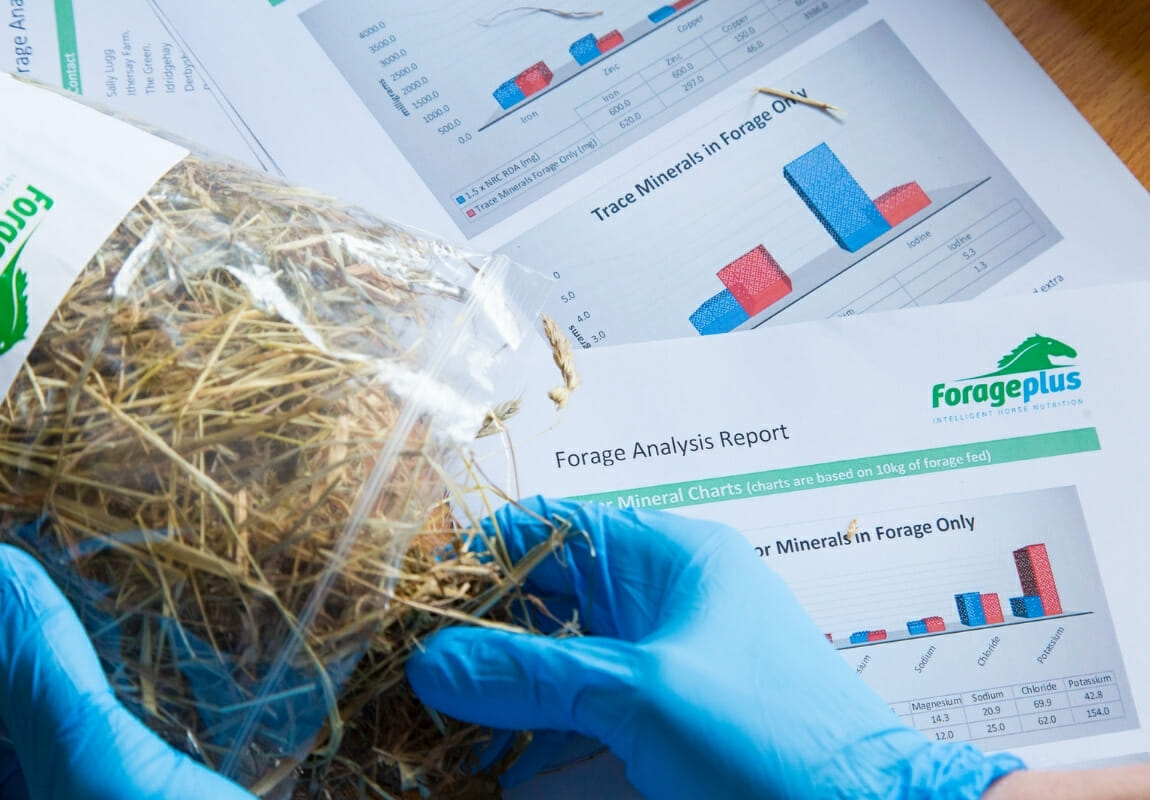
Explore our Collections

Frequently Asked Questions
How is Forageplus different from other feed companies?
How do I feed your balancers?
Can I test my own grass or hay?
Do I need to feed anything else alongside a Forageplus balancer?
Are your products suitable for horses with metabolic issues or laminitis?
Quality Assurance
We only select the very best ingredients so you can be assured what you are feeding is of the highest quality. There can be no compromises when it comes to your horse’s health. Start your Forage Focused journey today!

